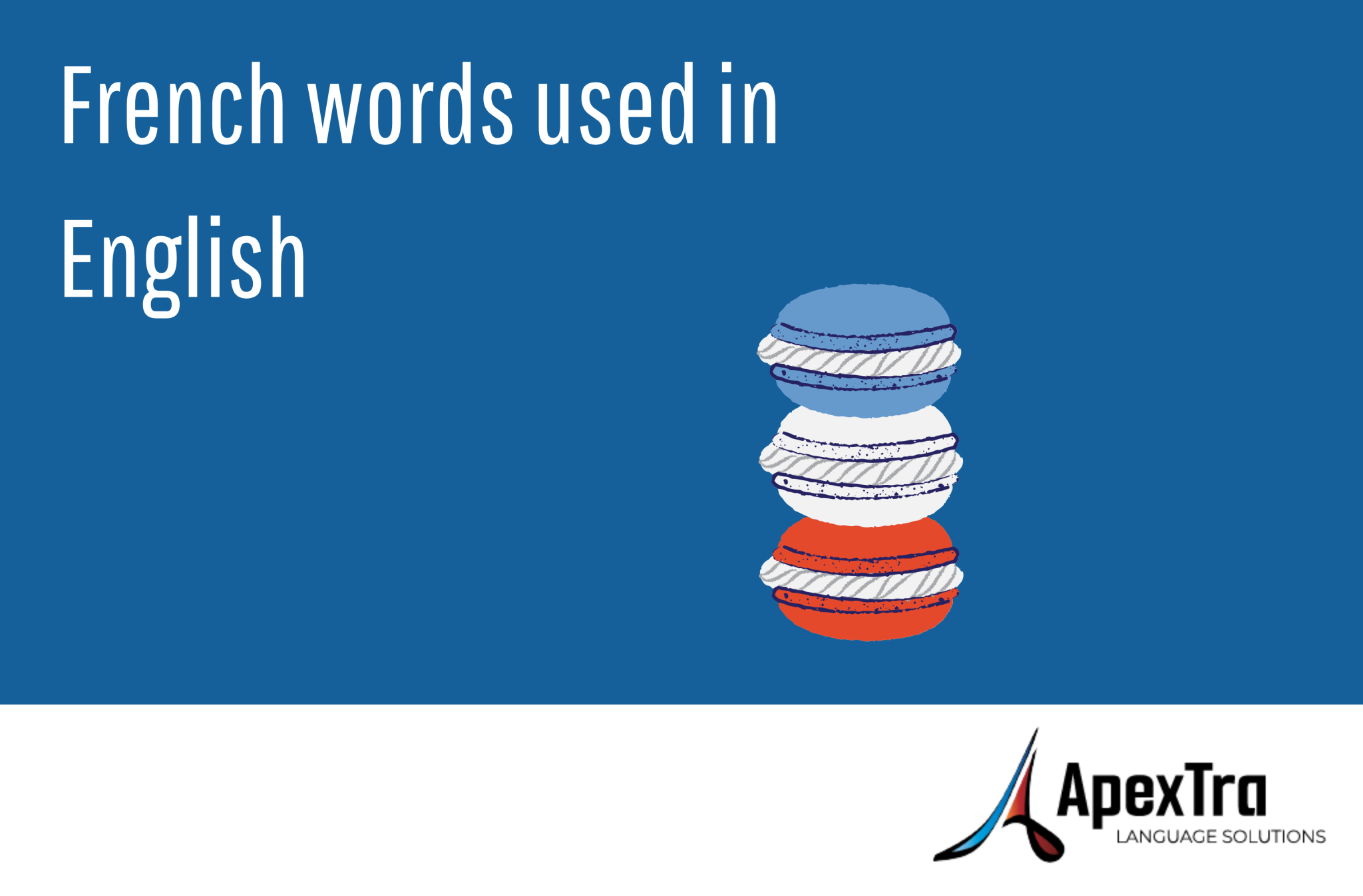
The history of French and English goes back to the Norman conquest of England in 1066, a major event that left a lasting linguistic imprint. Indeed, following the Battle of Hastings, William the Conqueror became King of England and established French as the official language of the Court. This is how the story begins, mixing French and English. Let’s find out more about all the fantastic French words used in English!
The figures speak for themselves
Today, English has around 25,000 words of French origin, representing almost 30% of its vocabulary. Anglophones already speak French, without even knowing it! These linguistic borrowings are known as Gallicisms.
Fashion and gastronomy: bastions of French in English
Fashion and gastronomy are two areas in which the French have particularly distinguished themselves. Terms like “haute couture” and “chic” have found their way into the English lexicon, as have a host of culinary words that add a touch of sophistication to menus around the world. To name but a few, our English-speaking friends use the words “vinaigrette,” “croissant,” or “eau de vie.”
Expressions that cross borders
Borrowing is not limited to words, but also extends to expressions. Who hasn’t experienced “déjà vu” or wished other “diners” a “bon appétit” before enjoying a tasty meal? Expressions like “c’est la vie” and “rendez-vous” have captured the hearts of English speakers without losing their French charm.
A surprising case: main course or real starter?
An amusing contradiction is the use of the word “entree.” In English, it refers to the main course of a meal, while in French, it’s the term reserved for the starter. A subtlety that can sometimes lead to misunderstandings!
Another curiosity: military jargon
Another linguistic curiosity lies in the English army’s rank names, most of which are inherited from the French. From “sergeant” to “lieutenant,” these terms have spanned the centuries, reminding us of the historical proximity between the two languages.
In conclusion, the influence of French on English goes far beyond mere words; it’s a complex linguistic fabric woven by history. While these Gallicisms continue to enrich modern English, they testify to an undeniable connection between two languages which, though distinct, share a common history. On the same subject, check out our article on anglicisms by following this link!